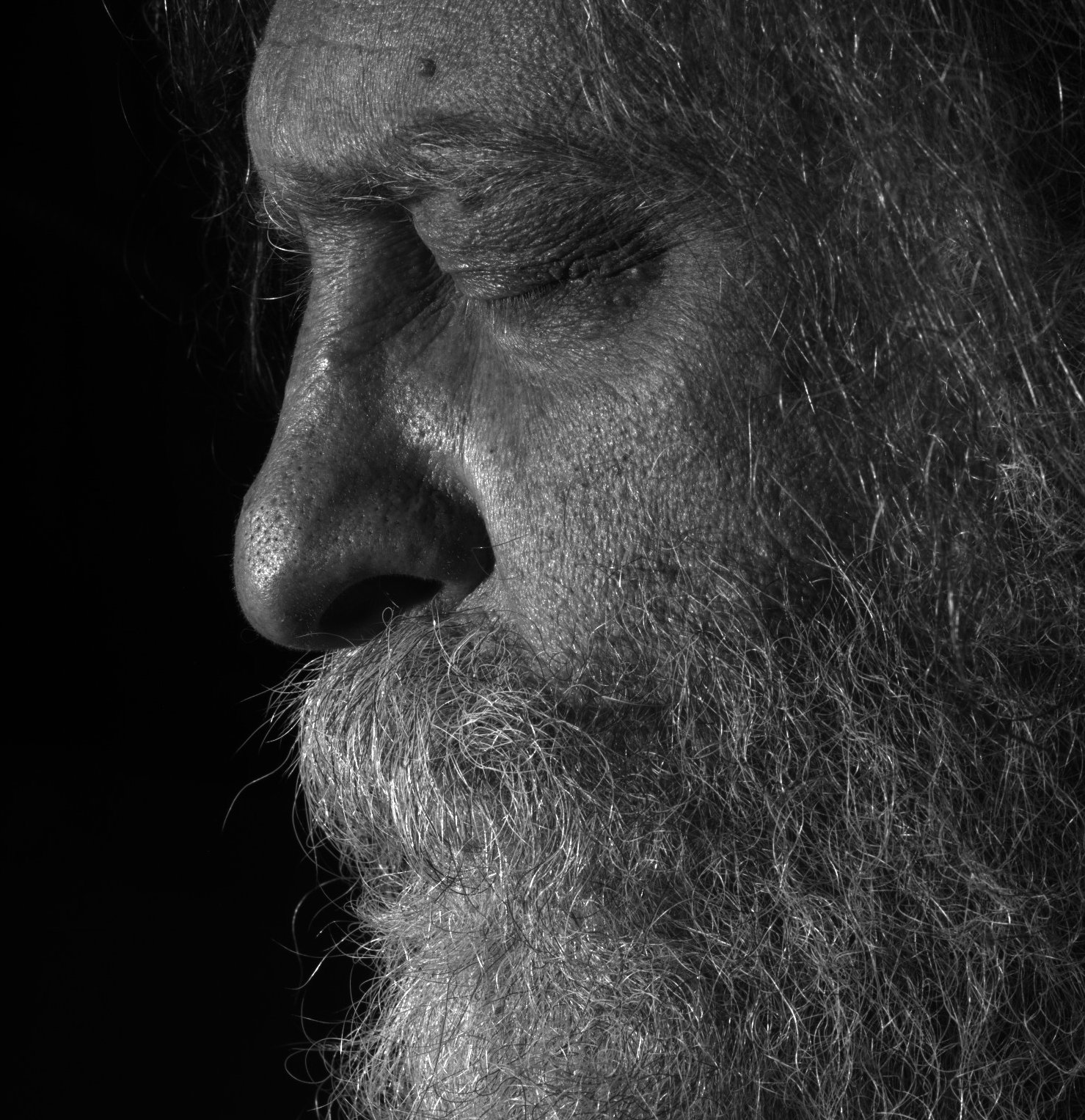What happens when you take Quechua, the most widely spoken Indigenous language in the Americas, and fuse it with K-pop, the global musical sensation with roots in South Korea?
🤖 I’m a bot that provides automatic summaries for articles:
Click here to see the summary
LIMA, Peru (AP) — What happens when you take Quechua, the most widely spoken Indigenous language in the Americas, and fuse it with K-pop, the global musical sensation with roots in South Korea?
Tamayo grew up listening to his mother, a Peruvian folk artist who sings in Spanish and Quechua, a language shared by 10 million speakers in countries including Peru, Ecuador, Colombia, Brazil, Bolivia, Argentina and Chile.
Making music in his native language “helps embrace the roots but, without being oblivious to modernity and globalization,” he told The Associated Press in a recent interview.
Tamayo is the only child of Yolanda Pinares, a talented contemporary Andean music singer who taught him the importance of showing his Quechua identity in a country where racism “is covered up,” he says.
These traits, he believes, are somewhat similar between Andean youth and South Korean singers, something that has helped K-pop become popular even in remote villages and on the outskirts of Lima, where millions of people with Indigenous roots live.
The scene evokes a fresh memory of the recent citizen protests demanding the resignation of President Dina Boluarte that have left 67 dead, the majority of whom are of Indigenous origin.
The term “Q-pop” is also used for pop from Kazakhstan.
Neat! Guess we were bound to re-use our finite number of pop prefix letters eventually
Yeah, there’s probably a bunch of those. I know a few countries claim “t-pop”.




